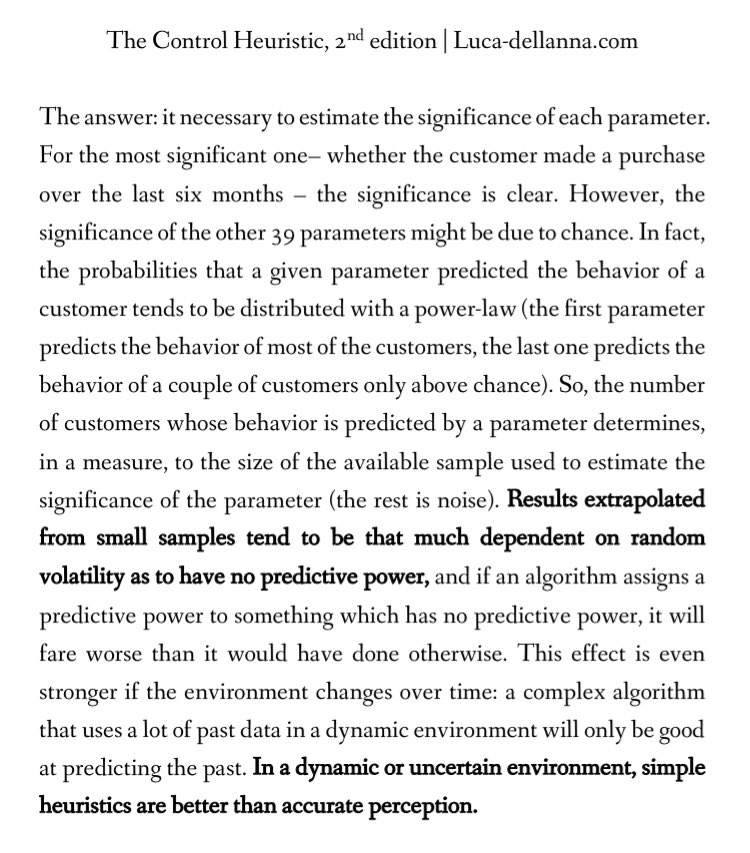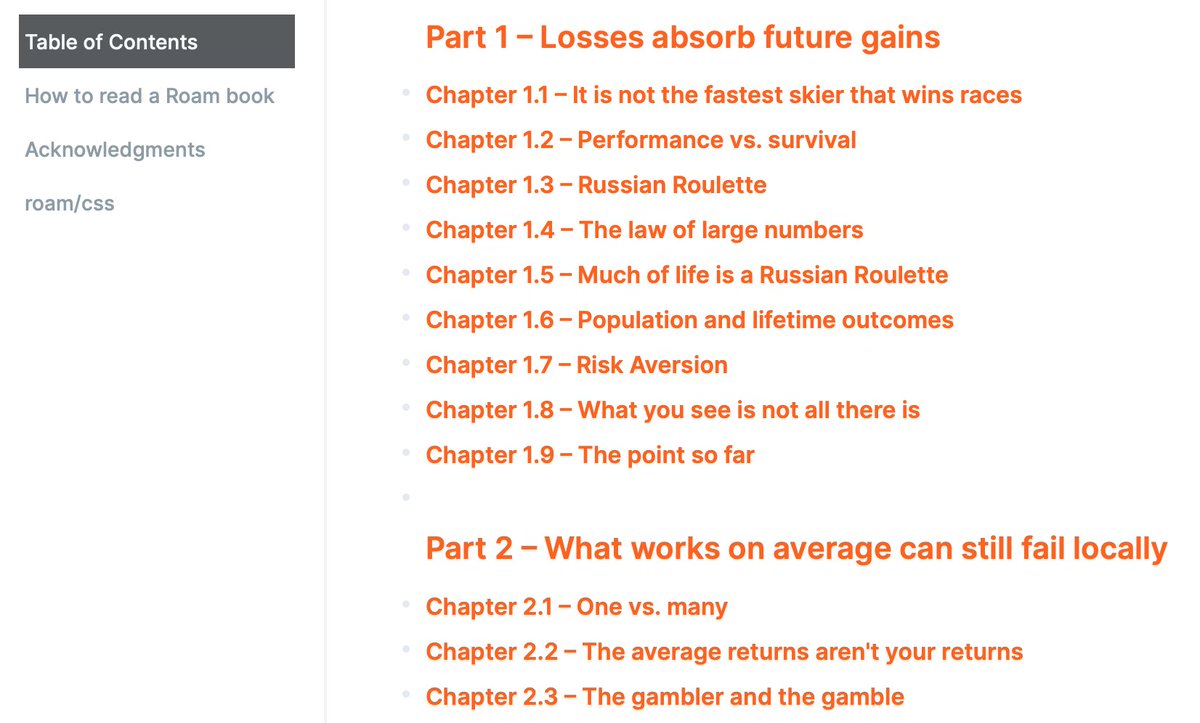
WHO official seems involved in a cover-up of a report of the Italian failures in fighting COVID.
The WHO seems to have preferred saving the reputation of the Italian over circulating information that could have saved lives.
(thread, 1/N)
The WHO seems to have preferred saving the reputation of the Italian over circulating information that could have saved lives.
(thread, 1/N)
https://twitter.com/reportrai3/status/1333512230659362819
2/ The investigative journalists of the quoted tweet outlet claim that they have emails showing that Tedros knew about it.
3/ The covered report, between others, claims that deaths were underestimated and that the central command-and-control was slow and led to blind spots.
Nothing new – but the news would the involvement of WHO officials in the cover-up.
Nothing new – but the news would the involvement of WHO officials in the cover-up.

4/ Interestingly, the report brings the attention on the fact that the pandemic preparedness plan on the Ministry of Health's website is dated 2006, as if we didn't update our plans after Ebola.
However,
However,
5/ Yesterday's Report shows an email by a WHO official pointing out that the report got updated in 2016. However, the file uploaded in 2016 is a copy of the 2006 one.
(What are we paying these people for?)
(What are we paying these people for?)
6/ For the Italian speakers, here's more on the content of the emails.
ilfattoquotidiano.it/in-edicola/art…
ilfattoquotidiano.it/in-edicola/art…
• • •
Missing some Tweet in this thread? You can try to
force a refresh









